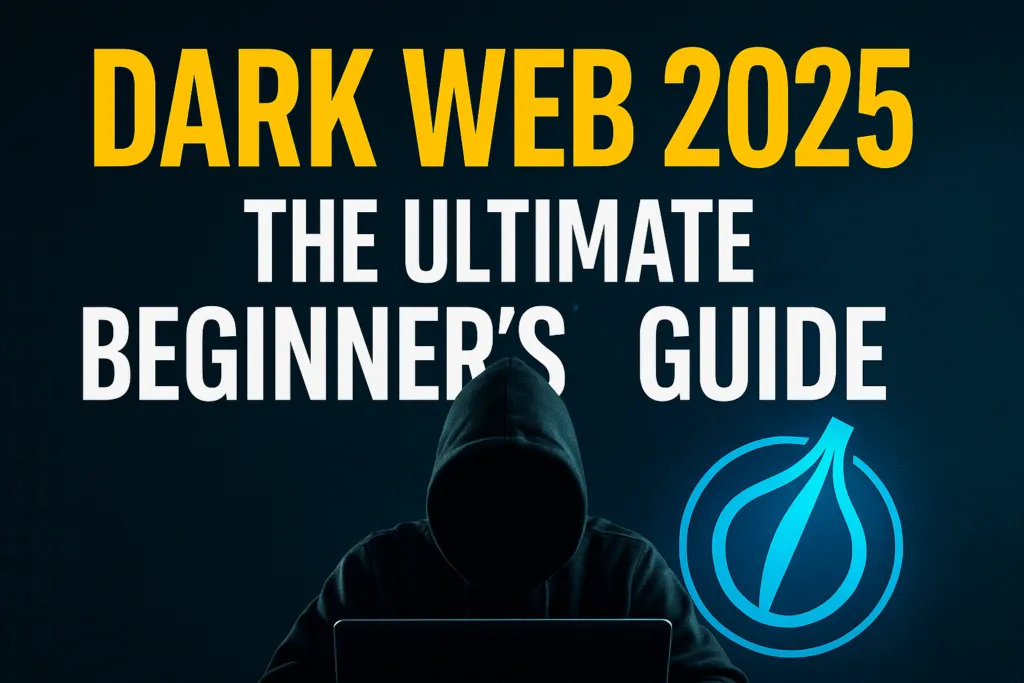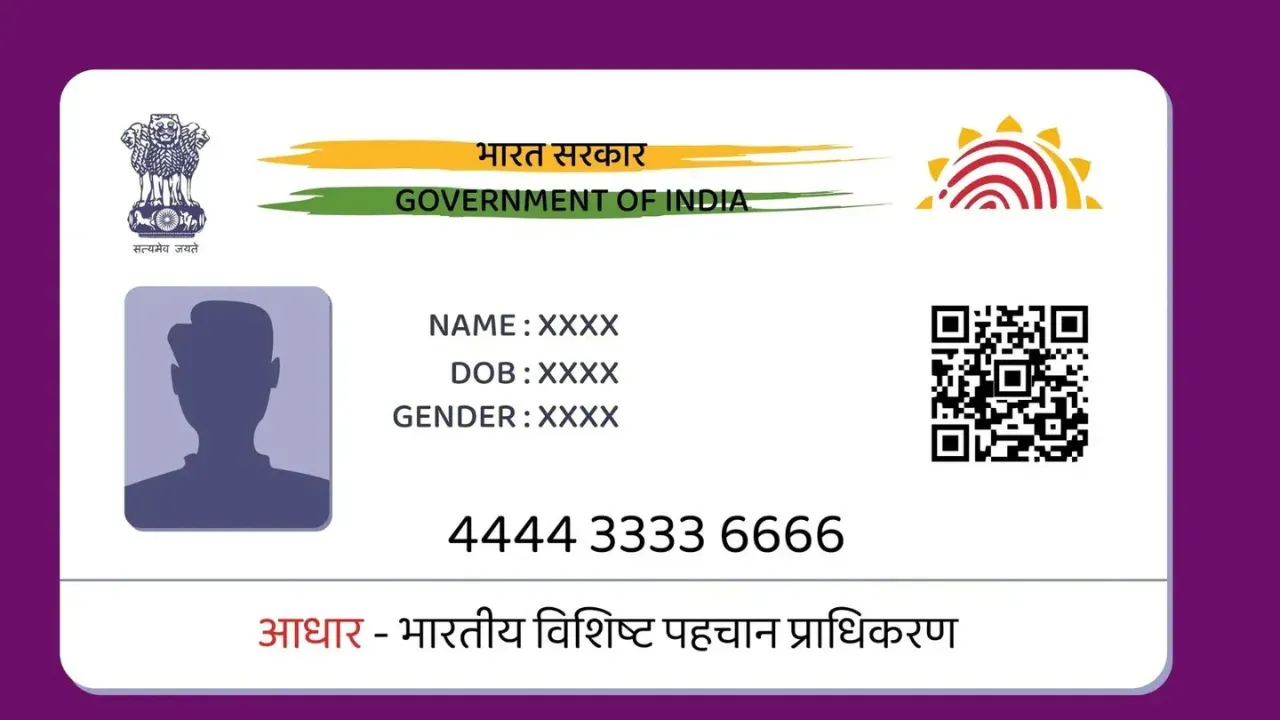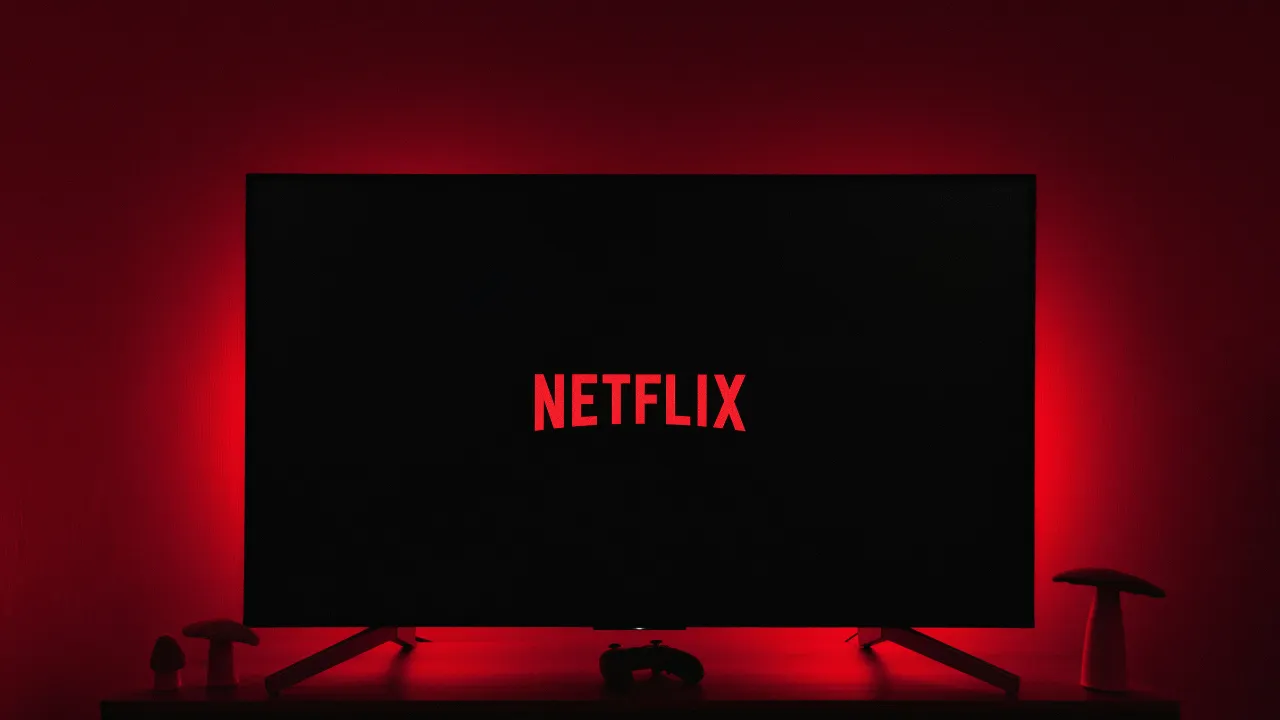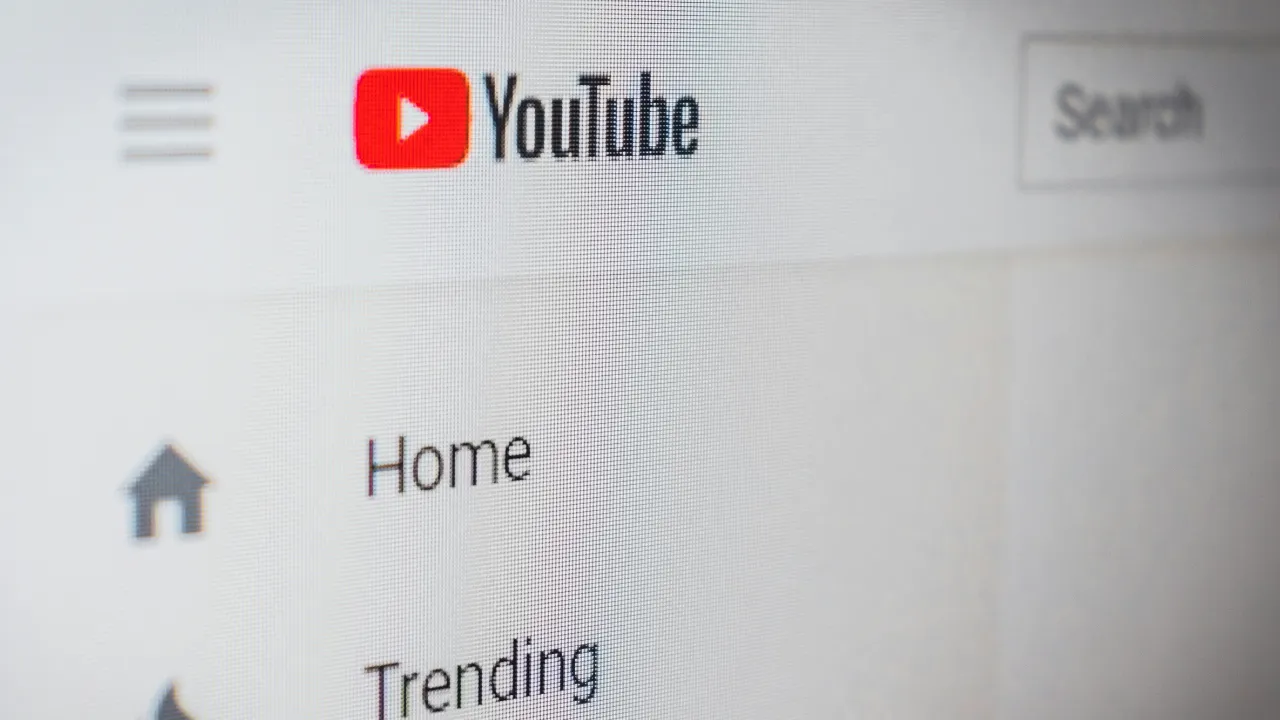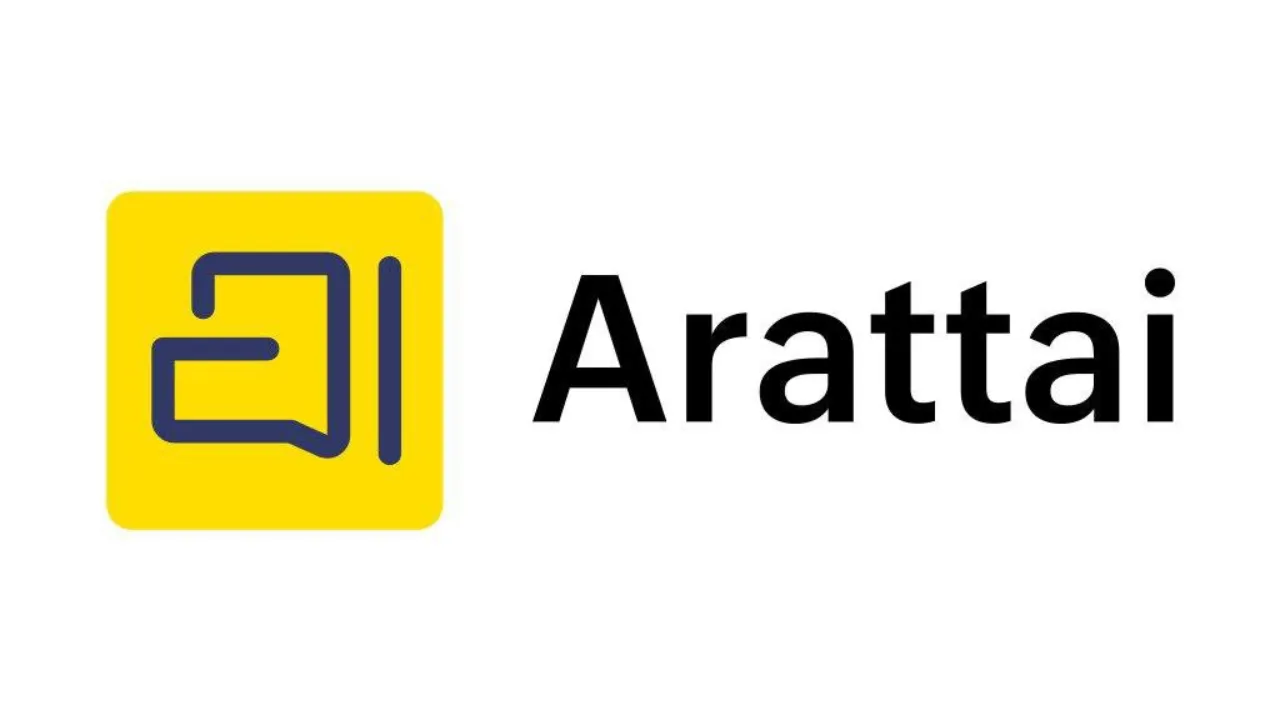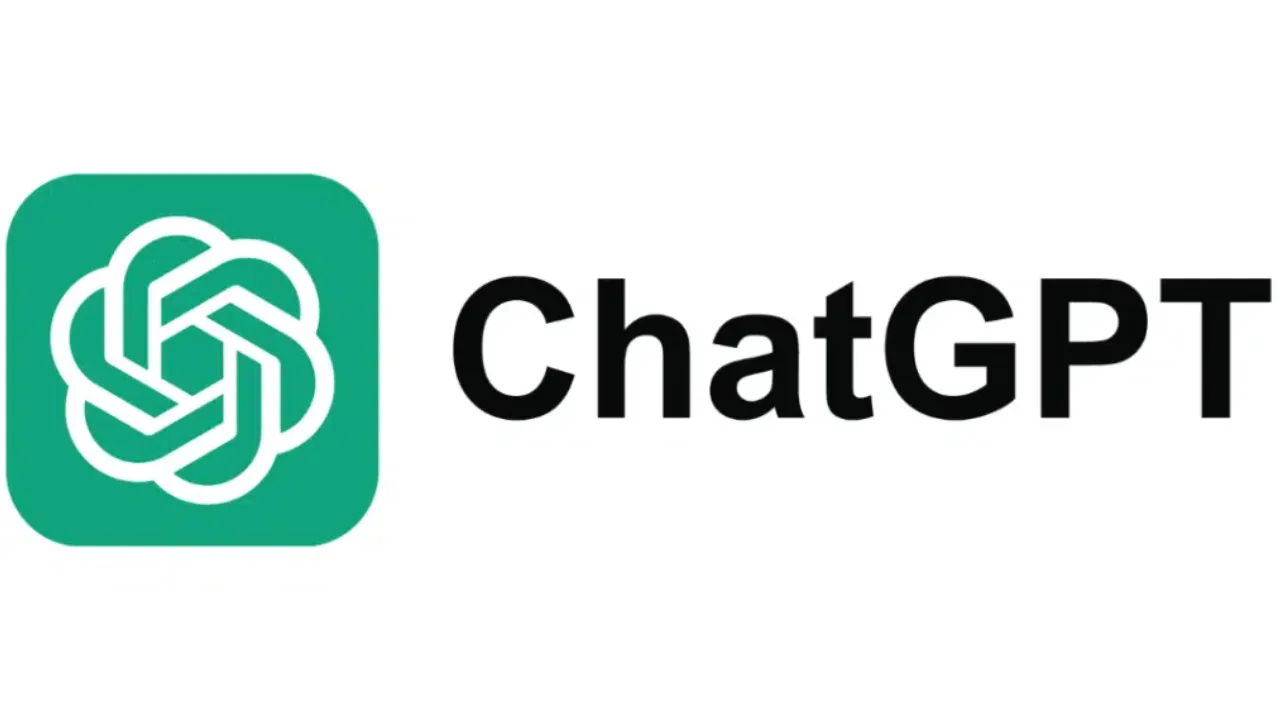Introduction: The Hidden Layer of the Internet
The internet, as we commonly experience it, is just the surface of a much larger digital world. Every time you open Google, browse a website, or stream a video, you’re only interacting with what’s known as the surface web. But beneath this lies a vast and mysterious section called the dark web. In 2025, the curiosity around the dark web continues to grow as more people wonder what it really is, how it works, and whether it’s dangerous or not.
The dark web refers to a hidden part of the internet that cannot be accessed using standard browsers or search engines. Unlike regular websites, dark web sites use encrypted networks like Tor to stay anonymous and untraceable. This space is often misunderstood. While it’s true that illegal activities happen there, the dark web also serves as a refuge for journalists, activists, and people living under strict surveillance or censorship.
Understanding the dark web is crucial in today’s digital era. Whether you’re a tech enthusiast or a casual user, knowing what lies beyond the visible internet helps you stay informed, alert, and safe. In this blog, we’ll break down what the dark web really is, how it operates, and why it still matters in 2025.
What is the Dark Web?
The dark web is a hidden section of the internet that isn’t accessible through regular search engines like Google or Bing. It operates on encrypted networks and requires special software—most commonly the Tor browser—to access. Unlike the surface web, which is open and publicly indexed, the dark web is intentionally concealed to protect privacy and anonymity. In 2025, the term dark web often sparks curiosity and fear alike, but not everything on it is illegal or malicious.
At its core, the dark web is simply a collection of websites that choose to remain anonymous. Their web addresses often end in “.onion” and can’t be opened using a normal browser. This hidden nature is why the dark web is often associated with secrecy and criminal activity, such as black markets, data leaks, or illegal services. However, it’s important to note that not all content on the dark web is harmful. Many use it to share sensitive information, communicate under oppressive regimes, or protect their identity in hostile environments.
The dark web is one part of the broader “deep web,” which includes anything behind logins—like private emails, banking systems, or academic databases. What makes the dark web unique is its focus on anonymity and its isolation from the open web. As we move further into a digital age where privacy is constantly challenged, understanding what the dark web really is—and isn’t—helps break the myths and promotes informed awareness. Learn more about what the dark web is on Wikipedia
Dark Web vs Deep Web: What’s the Difference?
The terms dark web and deep web are often used interchangeably, but they are not the same. Understanding the difference between the two is essential, especially in today’s digital world where online privacy and data security are major concerns. Both are parts of the internet that aren’t indexed by search engines, but their purposes and accessibility are completely different.
The deep web refers to any part of the internet that isn’t publicly searchable through traditional search engines. This includes things like your private emails, online banking, medical records, subscription content, and internal company databases. These pages are hidden for privacy and security reasons but are perfectly legal and safe. In fact, the deep web makes up the majority of the internet.
The dark web, on the other hand, is a small portion of the deep web that has been intentionally hidden and requires specific tools like the Tor browser to access. It is designed to offer complete anonymity to both users and website operators. While the dark web also hosts legal content, it is commonly associated with illegal activities because of its untraceable nature.
To put it simply, the deep web is like the private section of a library that requires a pass to enter, while the dark web is more like a secret underground room that only a few know how to reach. Knowing the difference between the deep web and the dark web helps clear the confusion and gives you a clearer picture of how the internet really works.
How Does the Dark Web Work?
The dark web operates on a network built specifically for privacy and anonymity. Unlike the regular internet, where websites have public IP addresses and can be easily tracked, dark web sites are hidden using encryption and special routing methods. This makes it extremely difficult to trace who is accessing the site or who owns it. At the heart of this hidden network is the Tor (The Onion Router) browser, which allows users to access .onion websites that don’t appear on search engines like Google or Bing.
When you use the Tor browser to access the dark web, your internet traffic is bounced through multiple servers—called nodes—located across the globe. This process is known as “onion routing,” where each layer of encryption is peeled away at different stages, much like an onion. The result is that neither the sender nor the receiver can be easily identified. This complex routing system is what makes the dark web a safe haven for whistleblowers, journalists, and privacy-focused users.
Websites on the dark web use .onion domains and are only accessible through the Tor network. These websites are not indexed, meaning you need to know the exact address or use hidden wiki directories to find them. Because of the high level of anonymity, the dark web is used for both positive and negative purposes. While it can offer protection in oppressive environments, it can also be misused for illegal trading and other harmful activities. Understanding how the dark web works helps you recognize both its potential and its risks in today’s connected world.
What Happens on the Dark Web?
The dark web is often portrayed as a shadowy corner of the internet where illegal activity thrives. While it’s true that it hosts black markets, hacking forums, and other risky content, the dark web is not entirely criminal. In reality, it’s a mix of both legal and illegal activity, depending on how it’s used and by whom. The dark web is simply a tool—and like any tool, it can be used for good or bad.
On the darker side, the dark web is known for marketplaces where illegal goods and services are bought and sold, such as stolen data, counterfeit documents, unlicensed weapons, or drugs. These sites often use cryptocurrencies like Bitcoin or Monero for untraceable transactions. There are also forums for cybercriminals to share hacking tools, leaked databases, or phishing kits. Law enforcement agencies across the world actively monitor and shut down such operations, but they often resurface under new names and domains.
However, the dark web also plays a vital role in protecting free speech and digital privacy. Journalists, activists, and whistleblowers use it to communicate securely in countries where the internet is censored. Some news organizations and human rights groups have dark web portals to receive confidential information without tracking the sender. Privacy-conscious users also visit the dark web to avoid surveillance or bypass government restrictions.
In short, what happens on the dark web depends entirely on the intent of the user. It’s a place that values anonymity above all else, which is why it attracts both those seeking freedom and those hiding from the law. As internet users, understanding this dual nature of the dark web helps us stay aware, alert, and informed in an increasingly digital age.
Is the Dark Web Legal?
The dark web itself is not illegal. Simply accessing it using tools like the Tor browser is perfectly legal in most countries, including India. It becomes illegal only when you use it to engage in criminal activities. Think of it like a knife—it’s not illegal to own, but if used for the wrong reasons, it becomes a crime. The dark web is just a hidden part of the internet, and what matters is how it is used.
Many people assume that visiting the dark web automatically means breaking the law, but that’s a myth. There are several legitimate uses of the dark web. Journalists use it to communicate with sources, whistleblowers use it to leak important documents, and citizens in oppressive regimes use it to bypass censorship. These are lawful, ethical uses that depend on privacy and anonymity.
However, the dark web also contains marketplaces and forums involved in illegal trade—such as selling drugs, weapons, stolen credit cards, or hacking services. Accessing or interacting with such content is a criminal offense and can lead to serious legal consequences. Governments and cybersecurity agencies closely monitor these networks, and people who engage in unlawful activities are often traced, caught, and prosecuted.
In India and many other countries, using the dark web is not banned, but involvement in any illegal transaction—whether online or offline—is punishable under cybercrime laws. So while the dark web isn’t illegal by default, caution and awareness are necessary. If your purpose is research, education, or privacy, you’re on safe ground. But curiosity without caution can quickly lead to legal trouble.
How to Access the Dark Web (For Educational Purposes Only)
Accessing the dark web isn’t as simple as typing a web address into Chrome or Google—it requires specific tools designed for privacy and anonymity. The most commonly used tool is the Tor browser, which is a free, open-source browser that enables users to access hidden .onion websites. These sites are not indexed by search engines and are only reachable through the Tor network.
To begin, visit the official Tor Project website and download the Tor browser. It works similarly to regular browsers but routes your internet traffic through multiple encrypted layers, hiding your location and identity. Once installed, open Tor and use a trusted directory like The Hidden Wiki to find .onion links. Be cautious—many links can lead to harmful or illegal content, so stick strictly to educational or research-related pages.
While browsing the dark web is not illegal, it comes with real risks. The dark web is filled with scams, phishing sites, malware, and questionable content. Never share personal information, and avoid clicking unknown links. Using a VPN along with Tor adds another layer of security, although Tor alone already hides your IP address.
It’s important to understand that this guide is for educational awareness only. Exploring the dark web out of curiosity without preparation can expose you to unsafe or disturbing material. If you’re genuinely interested in understanding how it works, focus on forums, privacy tools, or research-based platforms. Always keep in mind that while the dark web has legitimate uses, venturing into it blindly can lead to serious consequences. Stay alert, informed, and responsible.
Why Does the Dark Web Exist?
The dark web exists because there is a genuine demand for privacy, anonymity, and freedom from surveillance in the digital world. In many ways, it was created to serve as a solution for people who need to communicate or browse the internet without being tracked—especially in countries where censorship is strict or freedom of speech is limited. While it’s often linked with illegal activity, the core reason behind the dark web’s existence is far more complex and rooted in the fight for digital rights.
Originally, the dark web evolved from research by the U.S. Naval Research Laboratory in the early 2000s. They developed the Tor network to protect government communications. Later, it was released to the public so that journalists, whistleblowers, and human rights activists could use it to stay anonymous online. Even today, many respected organizations run dark web portals to allow safe and private sharing of sensitive information.
In 2025, the need for such a space continues to grow as concerns about online surveillance, data tracking, and privacy violations increase. For some users, the dark web is the only way to avoid government monitoring or corporate data collection. For others, it offers a platform to access uncensored information or connect with communities that may not be welcome on the surface web.
Of course, the dark web’s untraceable nature also attracts those with illegal intent. But it’s important to remember that the dark web, at its core, was not designed for crime. It was created as a digital safe zone where people could communicate freely and securely. Its existence highlights the growing demand for online privacy in a world that’s increasingly watched, tracked, and restricted.
Dangers and Risks of the Dark Web
While the dark web offers anonymity and privacy, it also comes with serious risks that every user should be aware of. Many people are drawn to it out of curiosity, but without proper knowledge and caution, even a brief visit can lead to exposure to harmful content, scams, or legal trouble. In 2025, as access to hidden networks becomes easier, so do the risks associated with them.
One of the biggest dangers is malware and viruses. Many dark web sites are designed to infect your system with ransomware, keyloggers, or spyware. Even a single careless click can compromise your device or steal sensitive information. Unlike the surface web, there are no safety filters or warnings—anything goes.
Another major concern is fraud and scams. The dark web is full of fake marketplaces, phishing pages, and fraudsters pretending to sell illegal goods or services. Since transactions are made using anonymous cryptocurrencies, there’s no way to recover your money once it’s gone.
There’s also the risk of accidentally viewing illegal or disturbing content. Some pages contain graphic or criminal material that can leave a lasting psychological impact—or even put you on a law enforcement watchlist, depending on the jurisdiction.
Additionally, law enforcement agencies around the world actively monitor dark web activity. Just browsing certain sites could attract attention, and any illegal action, even unintentional, can lead to serious legal consequences.
In short, the dark web is not a place for casual exploration. It demands caution, awareness, and a clear purpose. While it has legitimate uses, the risks—both technical and legal—make it a space best approached with extreme care or avoided entirely unless you truly understand what you’re doing.
Should You Explore the Dark Web? Final Thoughts
Exploring the dark web is not for everyone. While it’s not illegal to access the dark web, it is a place where the line between legal and illegal activity is very thin. If you’re simply curious or looking for entertainment, it’s best to stay away. The dark web isn’t like the regular internet—it’s unpredictable, unfiltered, and often dangerous. One wrong click can expose you to disturbing content, malware, or legal complications.
However, there are genuine, legal reasons why some people use the dark web. Journalists, whistleblowers, and citizens living under strict censorship often depend on it for safe and anonymous communication. Researchers and cybersecurity professionals may also study the dark web to understand cyber threats better. If you fall into one of these categories, accessing the dark web with proper tools and knowledge can serve a real purpose.
That said, for the average internet user, the risks far outweigh the rewards. The dark web is filled with scams, traps, and illegal marketplaces that can get you into trouble even if you’re just browsing. Many sites are designed to trick new users, steal data, or infect devices with malware.
In 2025, online privacy tools and secure platforms are evolving. If you’re concerned about your digital privacy, there are much safer ways to protect yourself without diving into the dark web. Ultimately, the question isn’t just can you explore the dark web—but should you? For most people, the answer is no. Stay informed, stay curious—but stay safe.
Also Read: Shocking Reasons You’re Charging Your Phone Wrong in 2025
Frequently Asked Questions (FAQs)
Q1. Is it illegal to access the dark web?
No, accessing the dark web using tools like the Tor browser is not illegal in most countries, including India. It becomes illegal only if you engage in criminal activities while on the dark web.
Q2. Can I get hacked by visiting the dark web?
Yes, there is a high risk of malware, phishing, and hacking on the dark web. Many sites are designed to trick users or infect their systems. Always use strong protection like a VPN and avoid clicking unknown links.
Q3. What kind of content is on the dark web?
The dark web hosts both legal and illegal content. You can find private forums, whistleblower platforms, and educational resources, as well as black markets, stolen data, and illegal services.
Q4. What is the difference between the dark web and the deep web?
The deep web includes all content not indexed by search engines, such as banking portals and private emails. The dark web is a small portion of the deep web that’s intentionally hidden and accessible only through special software like Tor.
Q5. Can I be tracked if I use the dark web?
While Tor provides a high level of anonymity, it’s not foolproof. If you don’t take proper precautions, like using a VPN and avoiding personal logins, you could still be tracked by cybercriminals or law enforcement.
Q6. Is Tor browser safe to use?
Tor is generally safe and legal, but it must be used responsibly. It helps protect your anonymity but doesn’t guarantee complete security—especially if you visit harmful or illegal sites.
Q7. Why do people use the dark web for legal reasons?
Journalists, activists, and people under surveillance often use the dark web to communicate safely, bypass censorship, or protect their identity in countries with restricted freedom of speech.
